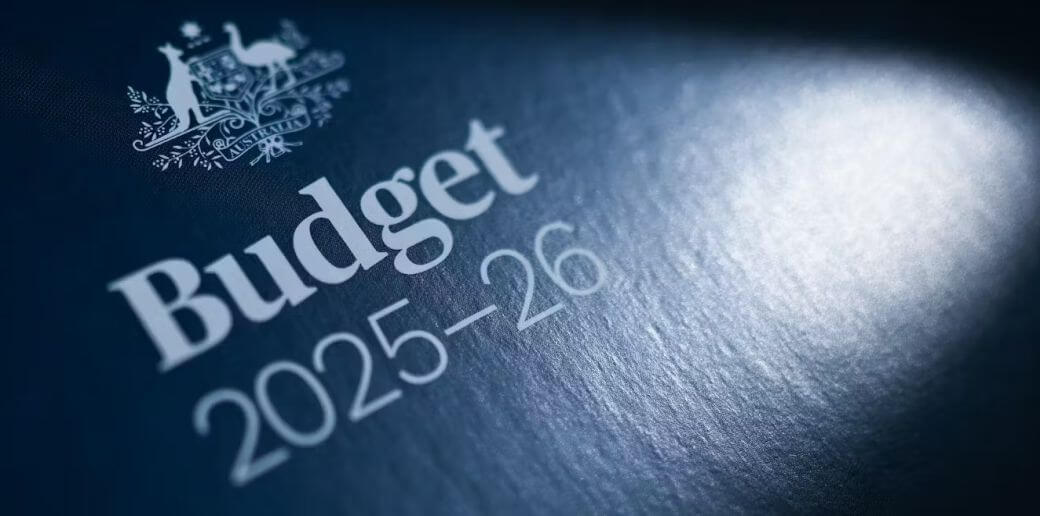Summary – and potential Opportunities…
On 25 March 2025, the Labor Government delivered the 2025/26 Federal Budget. It was largely uneventful, with few surprises. However, unexpected tax cuts were announced, and as expected, the Budget focused on easing cost-of-living pressures. As a pre-election Budget, it was designed to address current financial concerns while maintaining stability.
This Budget may create some financial opportunities worth considering. Below is a summary of the key proposals and their potential impact.
Taxation Changes
- From 1 July 2026, the marginal tax rate for incomes between $18,201 and $45,000 will drop from 16% to 15%. From 1 July 2027, it will reduce further to 14%. While this measure will do little to ease individual cost-of-living pressures, it comes at a significant cost to the future level of government debt.
- The Government is proceeding with its plan to reduce outstanding HECS/HELP debt. On 1 June 2025, a 20% reduction will be applied to existing debt. Additionally, repayment income thresholds will increase.
- Small business owners should note that the current $20,000 instant asset write-off will end on 30 June 2025. Whilst this is not a 2025 Budget matter, unlike previous years, it was not extended and accordingly is worth noting.
Superannuation Updates
Superannuation remained relatively untouched in this Budget. However, previously announced measures are still relevant:
- The proposed Division 296 tax change, which would impose an extra 15% tax on earnings for super balances over $3 million, remains on the table but will not become law under the current government.
- From 1 July 2025, the general transfer balance cap will increase from $1.9 million to $2.0 million. This previously-legislated automatic adjustment may allow retirees to convert more of their super into an income stream.
- The total super balance threshold will also rise to $2 million from 1 July 2025. This impacts eligibility for non-concessional contributions bring-forward provisions. These provisions have been in place since 2018 and may be helpful for some.
- Contribution caps will remain unchanged on 1 July 2025. However, based on wage growth, caps are expected to rise in 2026 to $32,500 (concessional) and $130,000 (non-concessional).
- The superannuation guarantee rate will increase from 11.5% to 12% on 1 July 2025. Reviewing salary sacrifice arrangements should be undertaken for the 2026 FY, to avoid breaching contribution caps.
- Individuals now have until December 2029 to exit certain legacy retirement income products under a previously announced measure. This measure will only affect few, but the benefit for those individuals could be well received.
- No further updates were provided on proposed changes to residency rules for SMSFs. However, there has been no indication that the Government intends to abandon these changes.
- From 1 July 2026, employers must pay superannuation guarantee contributions at the same time as wages. This should improve transparency and help the ATO track unpaid super. It will be a requirement that may require cashflow management strategising by some SMEs
Aged Care
While this Budget contained no new Aged Care measures beyond additional funding, important reforms are already scheduled to take effect from 1 July 2025. These may influence the costs associated with accessing Aged Care services.
Other Key Announcements in the Federal Budget 2025
- Households and eligible small businesses will receive an additional six-month extension on energy bill rebates, with a further $150 credit applied in quarterly instalments.
- From 1 November 2025, medical practices will receive greater incentives to bulk bill, helping reduce out-of-pocket expenses for patients.
- The Government will expand its Help to Buy scheme. This provides an equity contribution of up to 40% to help eligible Australians buy their first home. Income caps for singles and joint applicants will be increased.
What This Means for You
It’s important to remember that most Budget announcements are proposed changes and not yet law. With a Federal Election in the very near future (called since this article was drafted, to be held on 3 May 2025), there may be a revised Budget issued within the next three months. Some of the measures in this (March 2025) Budget may impact your financial situation, while others could create opportunities for you to optimise your tax position, superannuation, or investments.
How we can assist
If you would like to understand how the changes arising from the government’s budget may affect you, our experienced financial advice team at Continuum Financial Planners are available for an appointment, to:
- Review your current financial plan for any possible impacts, positive or detrimental; or
- Guide you in establishing a financial plan to optimise your future financial wellbeing.
To make an appointment with one of the team –
- Phone our office, on 07-3421 3456, or
- At your convenience, use the linked Book A Meeting
Comments by one of the funds management service providers (Colonial First State) that has published a summary for investor digestion, is linked here.
(This article was first posted by us in March 2025.)


